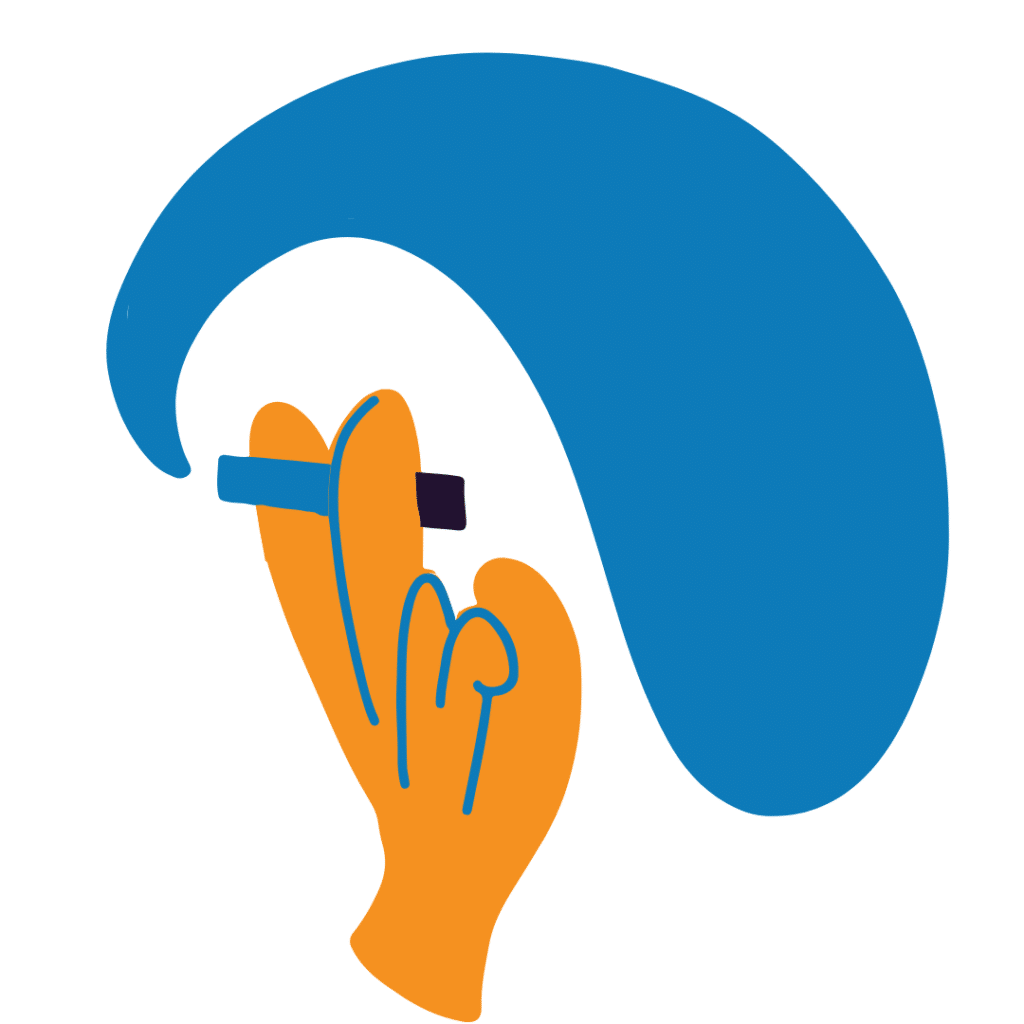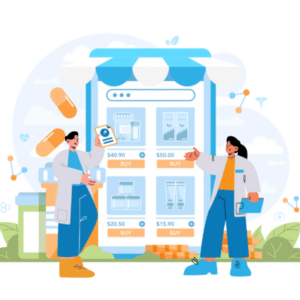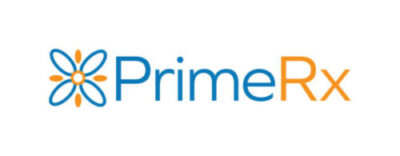Trends for 2025 -- Pharmacy Services take a Holistic Approach to Patient Well-Being

Weight Management Services
Almost 75% of the U.S. adult population is overweight, with 40% categorized as obese, according to the Centers for Disease Control (CDC). This public health crisis results in an estimated $173 billion annually in related medical costs, and in recent years has seen a dramatic surge in demand for prescription weight loss drugs including Wegovy and Ozempic. These medications, classified as GLP-1, are generally prescribed to treat diabetes and reduce the risk of heart disease and stroke. But they have also proven to be effective in accelerating weight loss. May 2024 research by Kaiser Family Foundation found “about one in eight adults” said they had taken a GLP-1 medication, with almost 40% saying they had done so “solely to lose weight.”


Pharmacists are well-qualified to help patients in their weight control journeys. Since there is no single cause for obesity, pharmacists can help patients understand their unique situations and chart the best course forward. This often includes a holistic approach that considers a patient’s emotional and mental health, medical conditions, stress factors, smoking and alcohol history, diet, and physical activity, among other underlying issues. Working with the patient, and in consultation with the patient’s physician, pharmacists can develop wellness plans that set attainable goals, instill confidence, and promote overall good health.
The NCPA suggests lifestyle modification programs including Take Charge® and Ideal Protein as resources pharmacies may want to consider. “The addition of a service for weight loss and ongoing maintenance is a natural synergy,” NCPA notes. “It’s good for your patients, and good for your pharmacy.”
Pregnancy Care


The Community Pharmacy Foundation has developed a Maternal Health Services Toolkit that helps pharmacies develop programs to assist women during the preconception, pregnancy, and post-pregnancy phases of maternal health. A few critical components include:
- Alcohol and tobacco screening/counseling.
- Aspirin to prevent preeclampsia.
- Blood pressure monitoring for women at risk of preeclampsia.
- Breastfeeding counseling, services, and supplies.
- Depression screening.
- Diabetes screening.
- Folic acid supplements.
- Healthy diet and lifestyle counseling.
- Medication review and management.
- Vaccine management including
- Pertussis vaccine administration.
- Prenatal vitamins.
- Progesterone administration to reduce recurrent preterm birth.
- Vitamin D supplements.
Smoking Cessation Services
Cigarette smoking causes more than 480,000 deaths each year in the United States, according to the CDC, including more than 41,000 deaths resulting from secondhand smoke exposure. Smoking is the leading cause of preventable death, with the average smoker likely to die 10 years earlier than a nonsmoker.


Pharmacists have been engaged in the decades-long “war against smoking,” with 68% of community pharmacists offering smoking cessation aids, according to the 2024 NCPA Digest. Pharmacies assist patients in a number of ways, with NCPA offering suggestions that include:
- Helping patients identify the appropriate product to assist in nicotine replacement therapy (patch, lozenge, gum, etc.)
- Educating patients on the safe use of nicotine replacement options.
- Addressing patient concerns about quitting (i.e., weight gain).
- Establishing a plan for addressing triggers to smoking.
- Providing motivation and ongoing assistance.
Pharmacogenomics and Personalized Medicine
The National Institutes of Health (NIH) describes pharmacogenomics as the “study of how an individual’s genetic make-up affects the body’s response to drugs.” The purpose of pharmacogenomics is to assist prescribers in selecting the drugs and dosages best suited for each person. Pharmacogenomics allow a prescriber better insight into which drugs will have the highest chance of succeeding for a particular patient, and which won’t.
Pharmacogenomics is considered an “evolving” field, but in recent years, has progressed at an increasingly fast pace. The Food and Drug Administration (FDA) now includes pharmacogenomic information on the labels of approximately 260 different medications. This information can help prescribers tailor drug prescriptions for individual patients by providing guidance on dosage, possible side effects, or effectiveness for people with certain gene variants.


As the science of pharmacogenomics evolves, pharmacists have embraced opportunities to apply gene-based initiatives to their patient interactions. As reported by Drug Topics Journal, “several pharmacies, both chain and independents, offer pharmacogenomic services including taking buccal swabs and sending them to a lab for genetic testing, counseling patients on the results, and working with physicians to develop optimal care plans for individual patients.”
The sky really is the limit when it comes to the programs and services offered in today’s community pharmacies. Patients are increasingly able to find mental health support, chronic disease management, and even yoga classes at their local pharmacy.
Such innovation though, often comes with a price. The high cost of medications, for example, can be enough to prevent a pharmacy from offering a certain program. That’s where solutions like PrimeRx MARKET can be a differentiator.
PrimeRx MARKET is an online marketplace that allows pharmacies direct access to more than 40 medication suppliers. Pharmacies can simultaneously conduct cost comparisons for up to 125 NDCs and select the ideal supplier for each drug. Once a medication is selected, the system allows pharmacies to seamlessly submit an order. PrimeRx MARKET gives pharmacies confidence that they are obtaining medications at the best possible price and eliminates the time-consuming process of conducting individual price checks.
PrimeRx MARKET is an essential tool for pharmacies as they look for opportunities to better serve patients, while generating additional revenue in the process. At a time when every penny counts, it can mean the difference between being able to offer a particular medication, or service, and having to go without.
Step into the Future with PrimeRx
Discover how PrimeRx can shape a new future of pharmacy.


